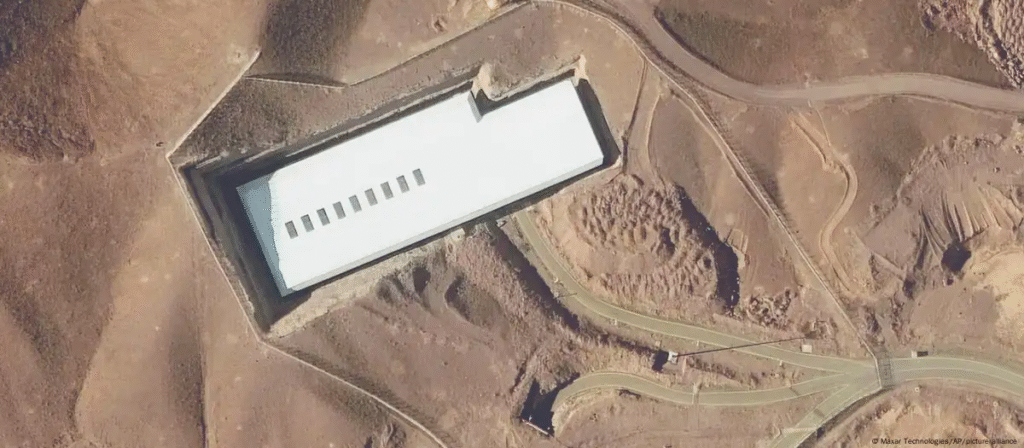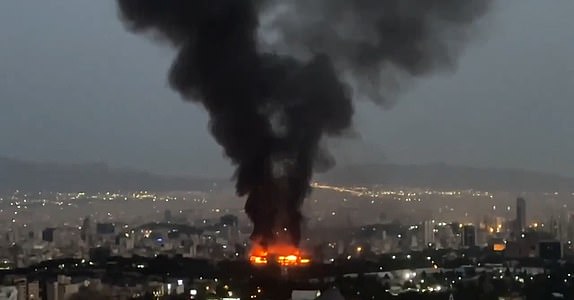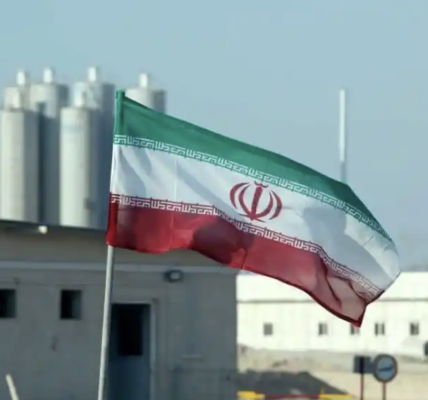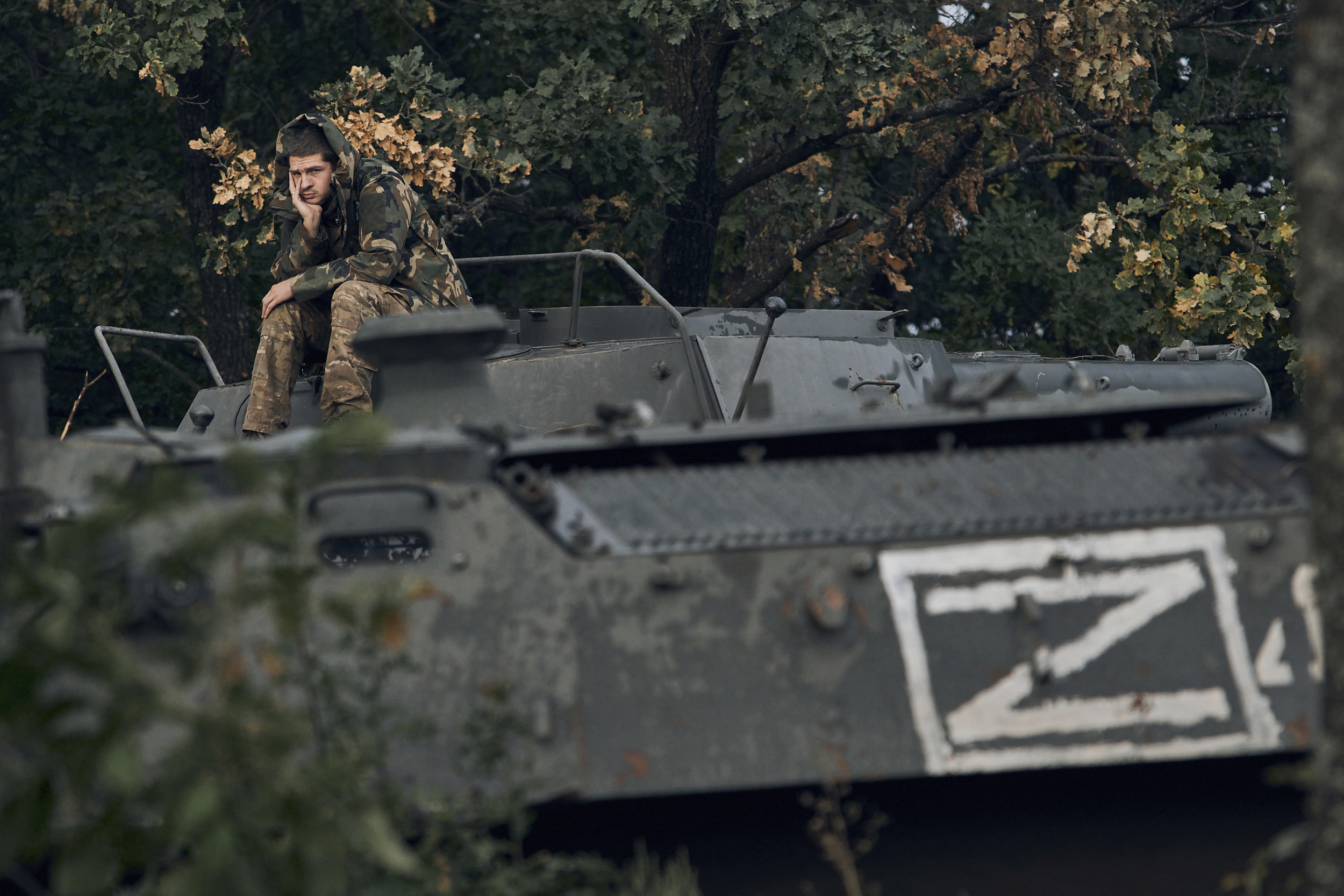
By Isabella Egerton
United States President Donald Trump is considering direct military action against the Islamic Republic of Iran as Israeli forces continue airstrikes on Tehran’s nuclear and missile infrastructure.
Iran’s Supreme Leader, Ayatollah Ali Khamenei, warned that any US intervention would cause “irreparable damage” and insisted the Iranian nation will not surrender.

President Trump has not ruled out airstrikes to destroy Tehran’s nuclear programme if Iran’s leadership refuses to comply with his demands. So far, the United States has provided defensive support to Israel but has not authorised strikes on Iranian targets.
The Israel Defence Forces (IDF) reported that more than 50 fighter jets struck approximately 20 key sites in Tehran overnight, including centrifuge production plants, missile manufacturing facilities, and components for surface-to-air missiles.
These targets form part of Iran’s nuclear weapons and missile programmes. The IDF confirmed plans to strike the underground Fordow nuclear facility once authorised by political leaders. The site remains untouched due to its mountainous location and Israel’s lack of specialised bunker‑busting bombs.

Thousands of civilians have fled Tehran following the bombardment. Iran’s ambassador to the United Nations in Geneva, Ali Bahreini, stated Washington is already considered “complicit” in Israeli strikes and warned Tehran would retaliate against any United States military involvement.
Since the conflict escalated on Friday, over 800 missile and drone attacks have targeted Israeli territory, killing at least 24 civilians.
Israeli forces intercepted three Iranian drones early on Wednesday. An Israeli unmanned aerial vehicle was shot down by an Iranian surface‑to‑air missile above Tehran, but the IDF assured no sensitive information was compromised.
President Trump convened a meeting with his national security team as United States military assets—including stealth bombers, naval destroyers, and an aircraft carrier strike group—were deployed to the Middle East. No direct US strikes on Iranian targets have yet been authorised.

The leaders of the Group of Seven (G7) issued a joint statement emphasising their stance on the conflict: “We, the leaders of the G7, reiterate our commitment to peace and stability in the Middle East.”
“Israel has a right to defend itself.”
“We reiterate our support for the security of Israel.”
“We also affirm the importance of the protection of civilians.”
“Iran is the principal source of regional instability and terror.”
“We have been consistently clear that Iran can never have a nuclear weapon.”
“We urge that the resolution of the Iranian crisis leads to a broader de‑escalation of hostilities in the Middle East, including a ceasefire in Gaza.”
“We will remain vigilant to the implications for international energy markets and stand ready to coordinate, including with like‑minded partners, to safeguard market stability.”
Brent crude climbed to $76.71 per barrel on Wednesday—its highest level in roughly four months—reflecting fears of potential supply disruption due to the Middle East conflict.
Travel to the region is strongly discouraged due to risks of further escalation and ongoing airstrikes. Civilians in Tehran and across Israel face significant danger as missile interceptions and air‑raid alerts continue.

































































































































































































































































































